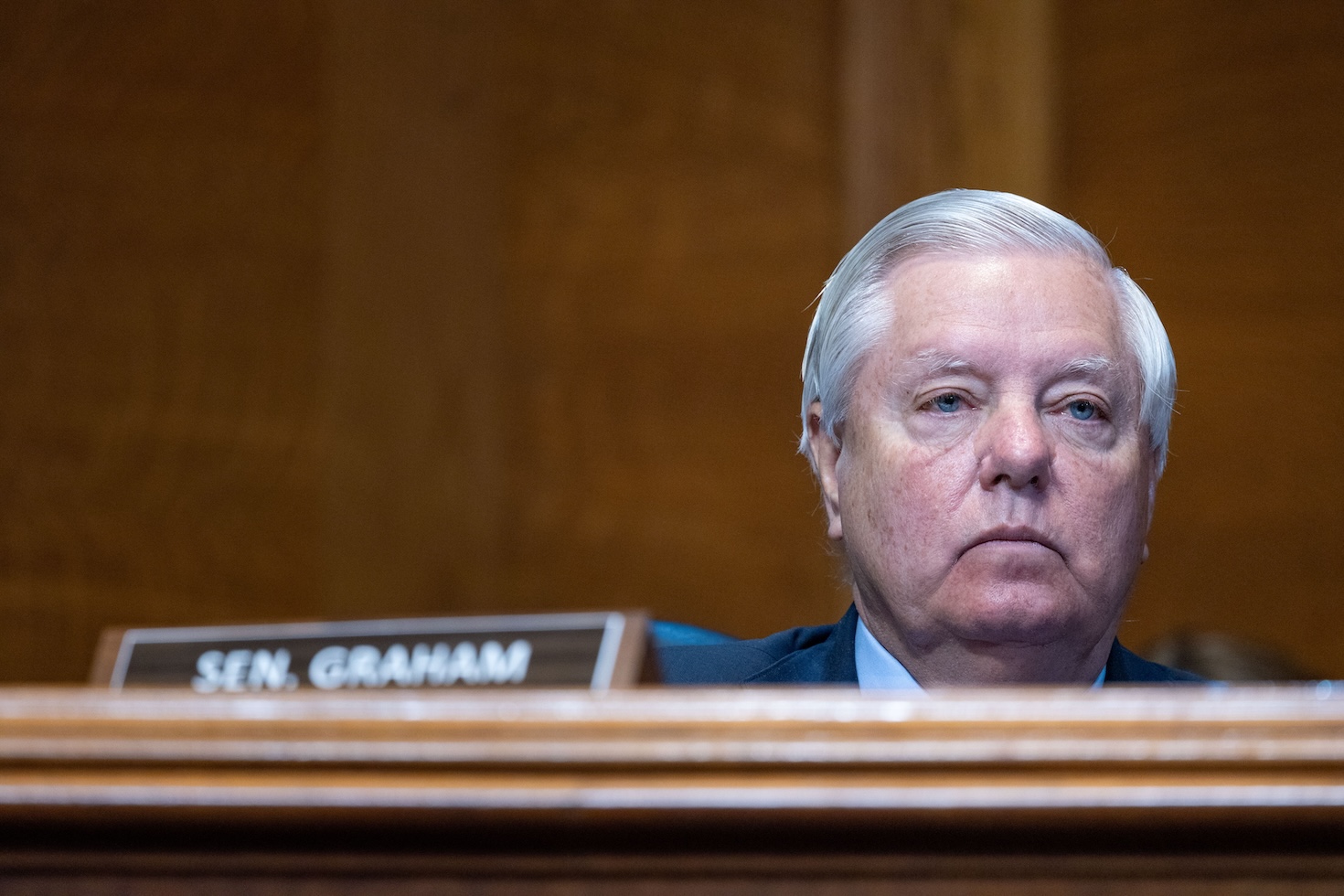Key takeaways
- Two prominent Republicans have reintroduced a bill to hold foreign importers accountable for carbon emissions.
- But the Foreign Pollution Fee Act (FPFA) could increase domestic emissions as manufacturers ramp up production to compensate for fewer imports.
Republican Sens. Lindsey Graham (S.C.) and Bill Cassidy (La.) reintroduced a 2023 bill that would impose a 15 percent tax on imported goods containing aluminum, cement, iron and steel, fertilizer, glass and hydrogen. If passed, the Foreign Pollution Fee Act (FPFA) would mean that some countries, including China, Russia, Vietnam, India and Taiwan, could face fees of as much as 200 percent after previously levied tariffs are factored in.
To avoid tariffs, companies can either purchase carbon credits or capture carbon emissions released in their business operations.
In a time of hyper-partisanship and continuous attacks on climate-mitigation funding from the Trump administration, the FPFA serves as blueprint for other bills addressing climate change.
Thibault Denamiel, a fellow at Center for Strategic and International Studies, noted the specificity of the bill’s language, explaining that transparently labeling the bill in any way would likely slow momentum towards passage. “FPFA doesn’t mention the words ‘carbon’ or ‘climate,'” he said.
FPFA impact: the good, the
Read More

